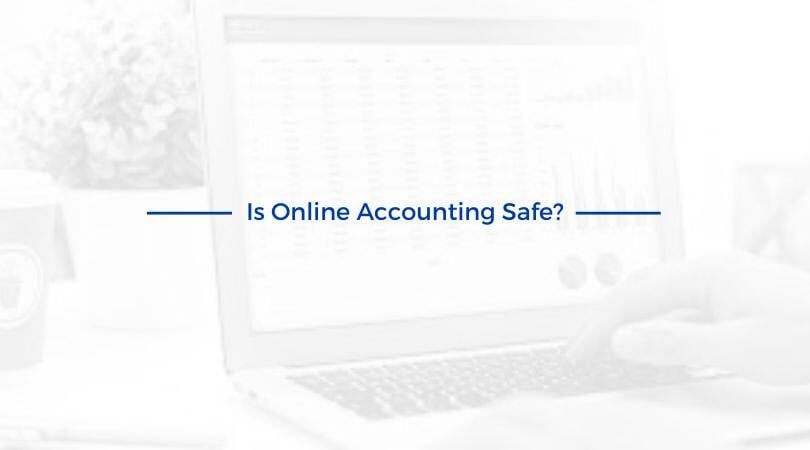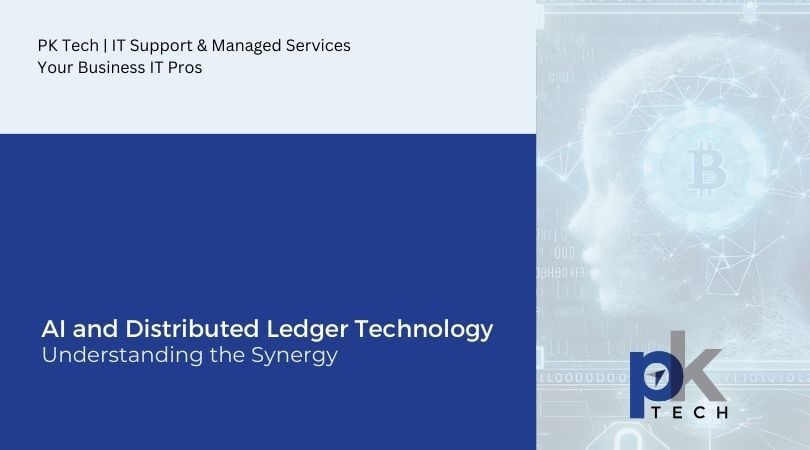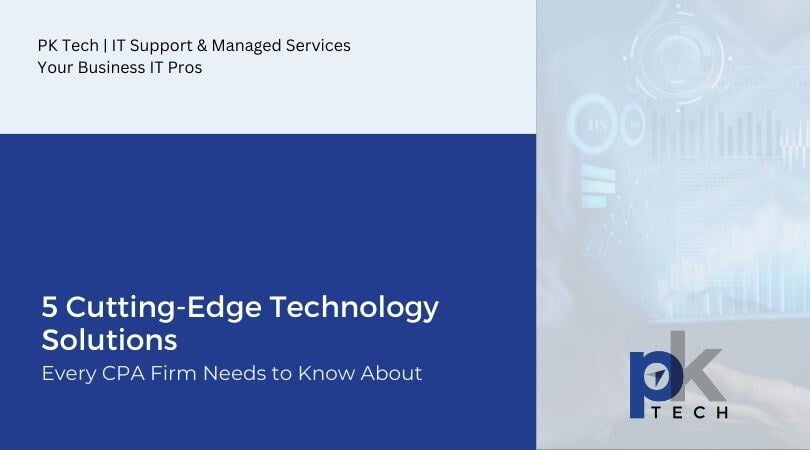AI and Distributed Ledger Technology: Understanding the Synergy
Amid a massive digital transformation that has been evolving for years, two technologies in particular are reshaping the accounting industry as we...

We now access our bank accounts online, check our stocks on our phones, and do much more online. For both personal and business accounting, more and more options are emerging to take bookkeeping and accounting online. Timeless solutions like Intuit Quickbooks are entirely phasing out of Desktop solutions and forcing customers to move to their online version by specific dates.
Is it safe? Are solutions proven? Do reputable brands matter?
This blog will dive into the world of online accounting and list everything you need to know before you take your books online.
We know that 98% of organizations worldwide use cloud services. So, why not cloud accounting?
Cloud accounting refers to performing basic accounting tasks, like managing and balancing the books, using software that resides in the cloud and is often delivered in an as-a-service model. Staff or third-party accountants can manage accounts payable, accounts receivable, the general ledger, and more within the application. Just like other cloud-based systems, cloud accounting software runs on a cloud provider’s platform rather than on a local hard drive or server.
Rather than the traditional method of accessing books on a Desktop application, users access the tools they need through the internet, meaning employees or third-party accountants do not need to be in a specific location to understand the financial state of the business.
Cloud accounting offers a safer and simpler solution to old accounting systems with the benefit of strong security features.
Yes, cloud accounting is generally safe and secure when using reputable providers that implement robust security measures. Here are some key reasons: Cloud accounting providers prioritize data security with advanced measures like encryption, firewalls, intrusion detection systems, and regular security audits.
Safety measures from reputable cloud accounting providers should include:
Like any software or online solution, cloud accounting is not without risks, among themhuman error. Here’s what your organization can do to minimize the risks of utilizing cloud accounting:
If this blog has convinced you to consider cloud accounting for your business, your next question is: where to begin?
Many tried and true Desktop solutions now also offer best-in-class cloud options. Our top three picks for best cloud accounting software include Intuit Quickbooks, Xero, and Freshbooks.
Are you considering a shift to cloud accounting? Our team at PK Tech can help you navigate the transition while keeping your data safe and secure. Schedule a complimentary 15-minute call with a member of our staff today to learn more.

Amid a massive digital transformation that has been evolving for years, two technologies in particular are reshaping the accounting industry as we...
-3.jpg)
According to a report from the Association of International Certified Professional Accountants, 60% of accounting firms have experienced some form of...

Accountants–like it or not–are being forced to evolve beyond status quo number-crunchers. Firms are now expected to be a pinnacle of breakneck pace...